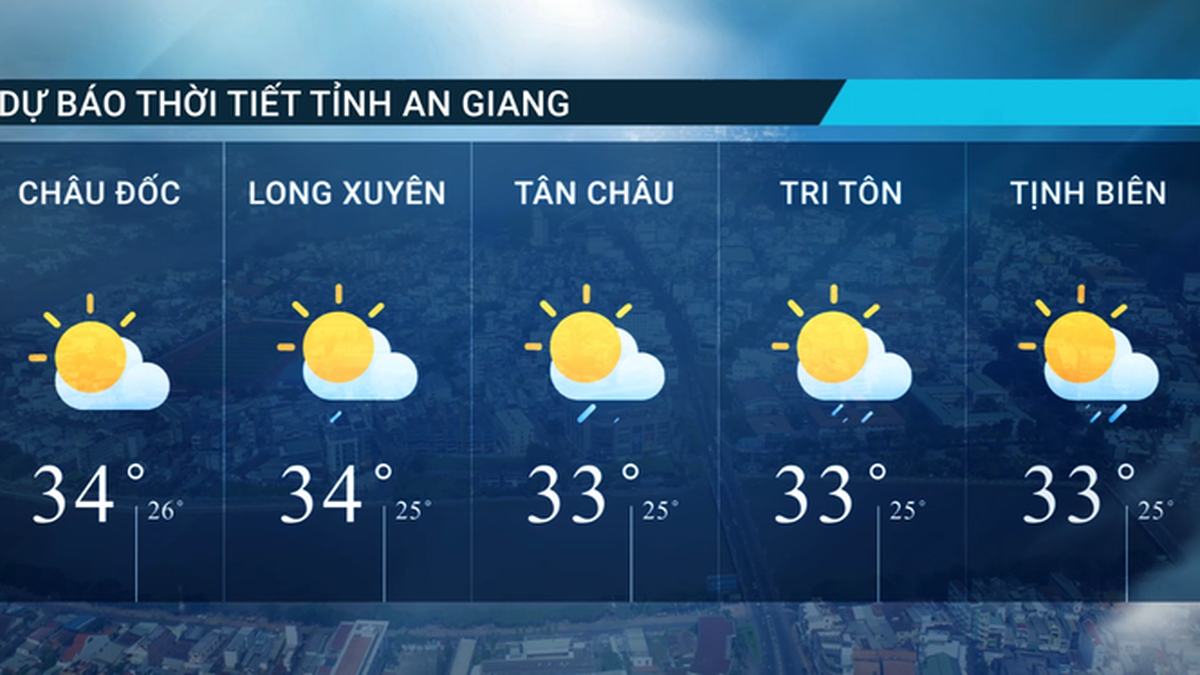According to the Ministry of Health , consumption of sugary drinks in Vietnam is increasing rapidly, from 3.44 billion liters in 2013 to 6.67 billion liters in 2023. On a per capita basis, consumption has increased by 350% (from 18.5 liters/person/year to 66.5 liters/person/year), equivalent to about 1.3 liters/person/week.

Drinking just one can of soft drink a day can cause you to take in 30 - 40 grams of free sugar, exceeding the WHO's daily recommendation.
PHOTO: PHUONG AN CREATED BY GEMINI AI
The 2019 Global Survey on Vietnamese Student Health found that, surveying 7,796 students aged 13-17 in 20 provinces and cities, 33.96% of students drank carbonated soft drinks at least once a day.
According to a cross-sectional survey of 2,678 students at 31 secondary schools in Ho Chi Minh City in 2004, children who regularly drink soft drinks are three times more likely to be overweight or obese than children who do not drink them regularly.
Over the past 10 years, the rate of overweight and obesity in school children aged 5-19 has doubled: from 8.5% in 2010 to 19% in 2020. In adults, the rate of overweight and obesity has increased by 30% in 6 years: from 15.6% in 2015 to 19.6% in 2020.
According to forecasts from market research, if there are no effective control measures, sugary beverage consumption in Vietnam will continue to increase by an average of 6.4% per year from 2023 to 2028, equivalent to a total increase of 36.6% in 5 years. This situation will increase the risk of non-communicable diseases such as overweight, obesity and diabetes.
A comprehensive study on overweight and obesity and risk factors of overweight and obesity in Vietnam shows that soft drink consumption is a risk factor for overweight and obesity and requires intervention to reduce consumption.
Not only in Vietnam, research in 75 countries around the world also shows that for every 1% increase in sugary drink consumption, there are 4.8% more overweight adults; 2.3% more obese adults; and 0.3% more people with diabetes.
According to the World Health Organization (WHO), regular consumption of sugary drinks increases the risk of type 2 diabetes, cardiovascular disease, tooth decay, osteoporosis, overweight and obesity, and potentially leads to an increased risk of other non-communicable diseases, including cancer.
To limit the consumption and use of sugary drinks, WHO recommends that countries need to apply synchronous measures: impose taxes on sugary drinks, widely communicate about the harmful effects of regular consumption of sugary drinks, limit advertising of sugary drinks, especially to children...
To reduce sugar consumption from sugary drinks sufficiently to prevent obesity and related health problems, taxes on sugary drinks would need to increase retail prices by at least 20%, as recommended by WHO.
In Vietnam, according to a study by the University of Public Health: If a tax is imposed to increase the retail price of sugary drinks by 20% as recommended by WHO, the rates of overweight and obesity could decrease by 2.1% and 1.5% respectively, helping to prevent 80,000 cases of diabetes and saving the health system nearly 800 billion VND.
According to experts, teenagers can easily access and use sugary drinks anywhere, in any situation, and only a few families control the consumption of this type of drink. The lack of control when using it will lead to major impacts on the health of the younger generation.
Source: https://thanhnien.vn/nguoi-tre-viet-nam-dang-tieu-thu-duong-vuot-khuyen-nghi-cua-who-185250519193842571.htm
































































































Comment (0)